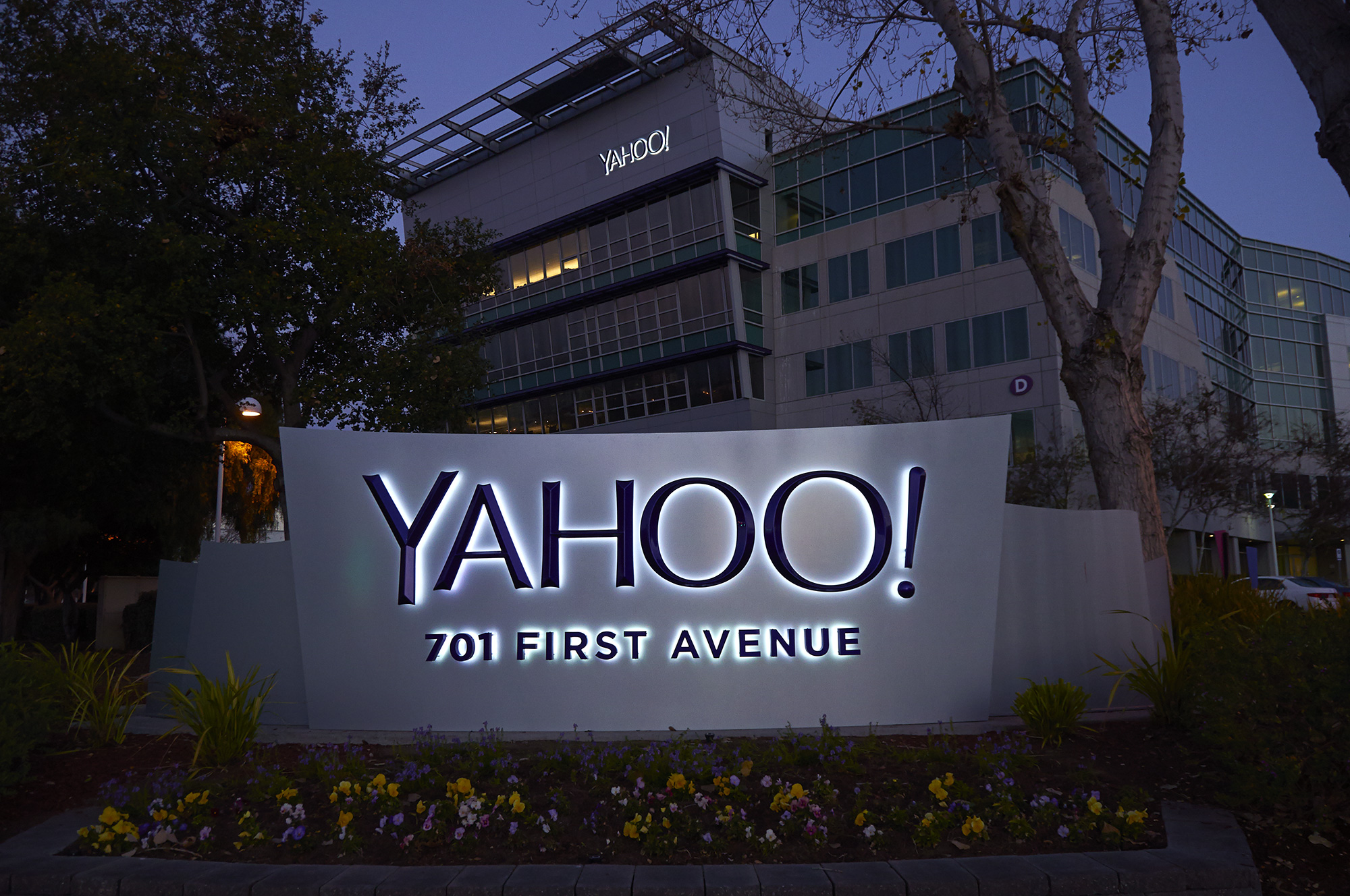Technology
How Yahoo Can Lighten Its Tax Load: Be More Like Apple and Google
Published:
Last Updated:
Economist Ludwig von Mises once said that capitalism breathes through tax loopholes. Loopholes get a bad rap because they are perceived as “unfair.” But loopholes are the natural outcome of a political system controlled by the compromise of hundreds of politicians in a single room that have to agree and pass something. It is never a clean, loophole-free bill. Perhaps what is more unfair is the fact that a group of people who contribute nothing to a business can take away that business’s income at will just by agreeing to it through some loophole-ridden compromise.
Yahoo! Inc. (NASDAQ: YHOO) has had serious problems with its tax bill lately, and it is trying to lighten the load by spinning off its remaining shares of Alibaba Group Holding Ltd. (NYSE: BABA). The IRS has not ruled on the move, leaving the door open to the possibility of it working, but still making shareholders substantially nervous because the decision is ultimately left up frivolous bureaucrats.
There is much more Yahoo can do to lighten its tax load. It just has to risk being branded as a tax-dodger and take the consequences, if there indeed are any negative ones at all.
Google Inc. (NASDAQ: GOOGL) and Apple Inc. (NASDAQ: AAPL), for example, pay much less in taxes by digging around for the loopholes through which capitalism breathes. Over the past three years, according to official filings, Yahoo has paid 37% in taxes. Google has paid only 18% and Apple 25% on paper, though much less in practice because both Google and Apple are known to exaggerate the amounts they pay in taxes by reporting what they expect to pay in the future, but then find more loopholes through which to avoid actually paying it. Apple’s effective tax rate is said to be as low as 3.7%.
ALSO READ: 3 Cutting-Edge Tech Stocks to Buy as Huge Changes May Be Imminent
One very simple thing that Apple does to avoid taxes is incorporate U.S. income in Reno, Nev. Nevada does not have a state income tax, while California, where it is headquartered, does. Over the past three years, Apple has paid just over 1% in state income taxes. Yahoo has paid 4%.
Both Google and Apple are not hiding any of the tax moves they make. The primary one is filtering their businesses through Irish subsidiaries, which records their income and is then subjected to Irish taxes, which are much lower. It is clear in their annual reports.
Google:
We and our subsidiaries are routinely examined by various taxing authorities. Although we file U.S. federal, U.S. state, and foreign tax returns, our two major tax jurisdictions are the U.S. and Ireland.
Apple:
The Company’s future effective tax rates could be affected by changes in the mix of earnings in countries with differing statutory tax rates, changes in the valuation of deferred tax assets and liabilities, or changes in tax laws or their interpretation, including in the U.S. and Ireland.
Apple further filters all of its iTunes sales through Luxembourg, which promises low taxes in return for running business through its borders. Yahoo could conceivably do this as well with its ad sales or any other digital entity that it sells. Why it has not before now may simply be fear or a desire to “do its civic duty” by paying a very high tax bill, and only seek out loopholes that other companies have not gotten bad press for.
ALSO READ: America’s Best Companies to Work For
True, negative press has mounted against Google and Apple for tax avoidance, but that has not seemed to affect business in the least. The real irony is that Wal-Mart Stores Inc. (NYSE: WMT) pays much higher taxes than Google or Apple because it cannot pretend to conduct its business in foreign countries, being that its stores are physically in the United States. Nevertheless, Wal-Mart gets most of the bad press for being an unfair, exploitative, anti-union company with low wages that does not do its “fair share” or “pay back to the community,” while Apple and Google are nearly universally praised for their innovations and contributions to society and advancement of the human race, while paying almost nothing in taxes.
Yahoo’s lesson should be to follow von Mises’s advice and dig for more loopholes so it can breathe. It is not Wal-Mart. It can shelter its income overseas it wants to. If it wants to compete, now is the time to go loophole fishing.
Thank you for reading! Have some feedback for us?
Contact the 24/7 Wall St. editorial team.